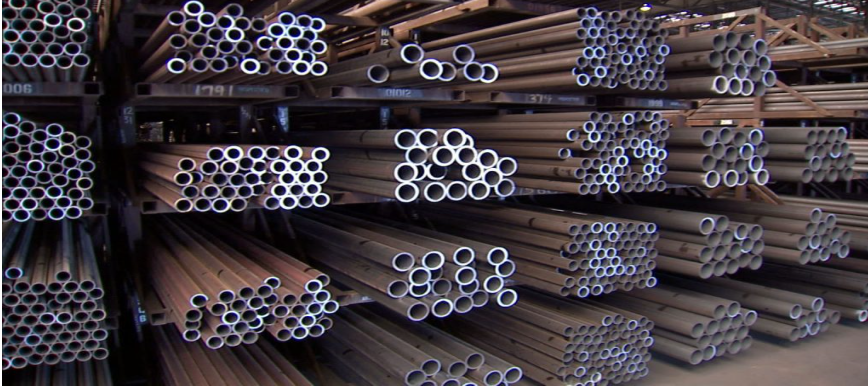The term steel stockist is considered vital in the construction, engineering, and fabrication business. Steel stockists are also vital in ensuring that the production of steel is being routinely delivered to projects of all sizes, both large infrastructure projects in major cities, right down to specialist manufacturing work. They normally run behind the scenes, and are an industry on their own, providing the steel supply chain that links mills and end-users in a smooth and efficient process.
Although both terms, steel stockist and steel stockholder, are used interchangeably, stockists are especially known for their focus on having stock and a quick delivery process. So, what and who is a steel stockist, and why are they so important in businesses throughout the UK?
What Does a Steel Stockist Do?
A steel stockist is any company that can buy steel in large quantities at a time directly from manufacturers or mills and keeps an inventory of different types of steel products, which are to be sold. They have varying selections in their warehouses, which include steel sheets, plates, beams, bars, tubes, angles, and hollow sections, among many others. The scope of business of steel stockists is a wide market that includes construction, automotive, agricultural, oil and gas and general engineering industries.
Stockists have the benefit of being readily available, unlike mills that only emphasise production. They also hold ready stocks, and customers do not have to wait for long delays that are associated with direct mill orders. Such responsiveness is especially helpful to business enterprises that are operating under stringent project deadlines or which may need smaller and more manageable batches of steel.
Value-Added Services Provided by Steel Stockists:
Nowadays, steel stockists are not just sellers. To achieve the increase in the market demands, most of them have developed into service centres with an assortment of value-added solutions. The services commonly offered are precision cutting, laser profiling, CNC machining and galvanising, shot blasting and bending.
With these kinds of services in-house, the stockists allow the clients to have semi-finished or ready-to-use components to require less processing. This not only saves time but also has the added advantage that it is more exact and there are more controls in terms of quality. This is imperative, especially in those industries where precise work is non-negotiable.
In addition, numerous stockists offer technical guidance and support in the selection of materials used. Depending on the specialised projects that need to be undertaken by the clients, it is important to choose the right grade of steel, not only regarding performance but also concerning some regulations. Stockists introduce specialisation and market knowledge that helps the customers to make an informed choice.
The UK Steel Stockist Market:
The UK has a well-developed industry of steel stockists, including large national stockists with numerous depots, to small local stockists who provide personal service. Areas of the country with a strong industrial history, like the West Midlands, South Yorkshire and North West England, have lots of long-established stockists who are capable of being very reliable and offer a large product range.
As competition and market needs are ever on the rise, UK steel stockists are also investing in technology in order to ease their operations. The industry is changing with digital transformation forms, from advanced inventory management systems to online ordering in these areas. Such inventions help stockists offer real-time levels of stock, quicker quotations and improved volume customer service.
The Importance of Local Steel Stockists:
Although international chains of supply are important in the use of raw materials, their local stockists in the steel industry provide a number of benefits that the international suppliers do not. Proximity to the customer gives a shorter lead time of delivery and the opportunity to service the customer in a timely manner. A local stockist may become useful in cases where urgent requirements are called upon, which leads to unexpected shortages.
Also, local stockists are aware of local needs in their markets. They tend to develop long-term relations with the customers and have the capability to offer personalised service that may not be provided by larger suppliers. This joint venture method brings about trust, and in this respect, businesses will have a reliable supplier of steel both in ordinary and specialised needs.
Conclusion:
We have steel stockists who are key figures in the process of maintaining a smooth movement of the steel goods in the industrial environment of the UK. They can also provide flexible quantities, fast delivery, and value-added services, which make them so invaluable to industries that include construction to precision engineering.
Steel stockists, who have kept up with the changing needs in the supply chain through embracing technology, sustainability strategies and focusing on customers, will remain valuable organisations to other businesses in the country. To achieve reliability, efficiency, and professional assistance to companies that need it, working with a good steel stockist is not a chance but a need.
Read Also: techinfobusiness.com



